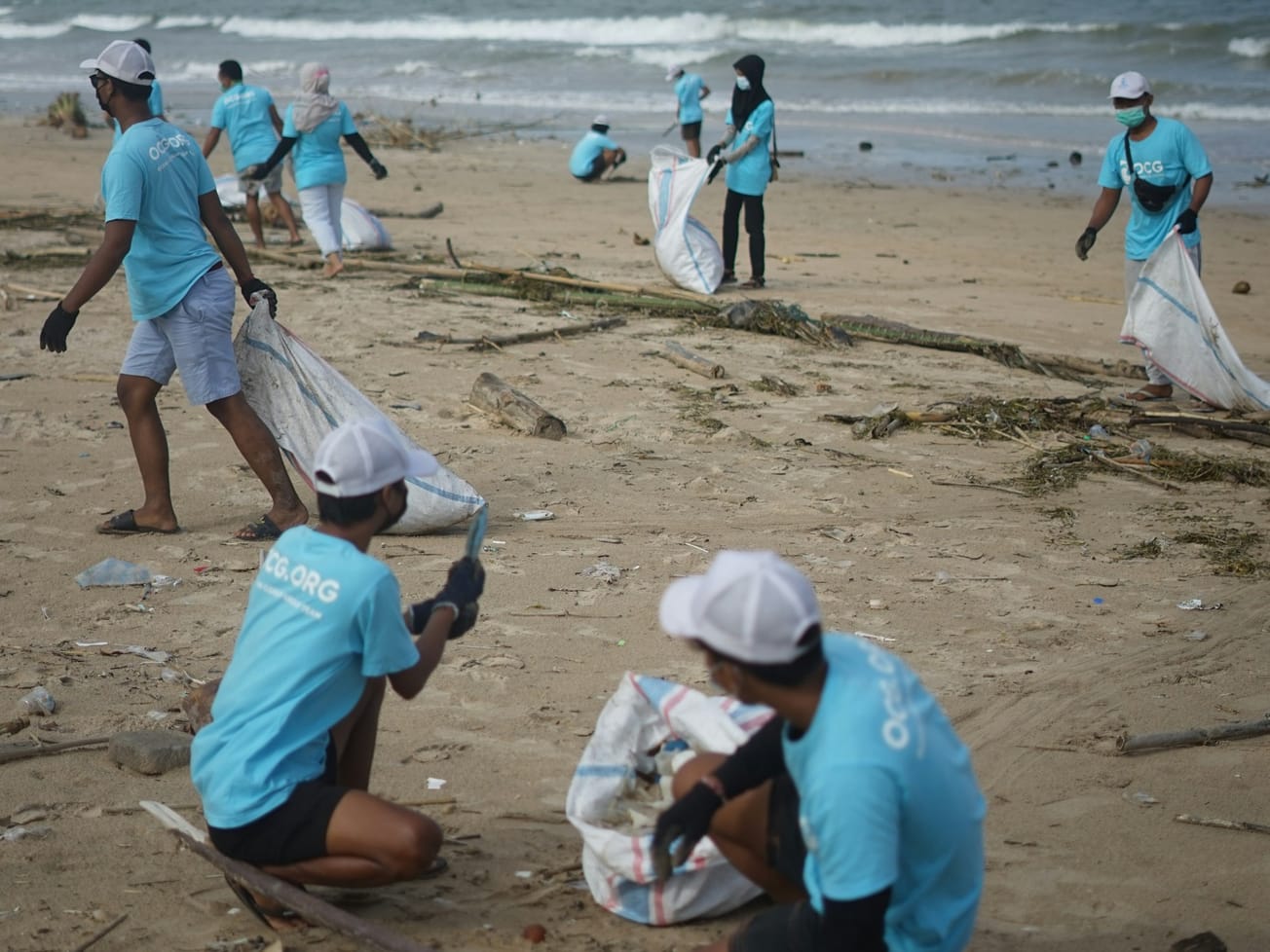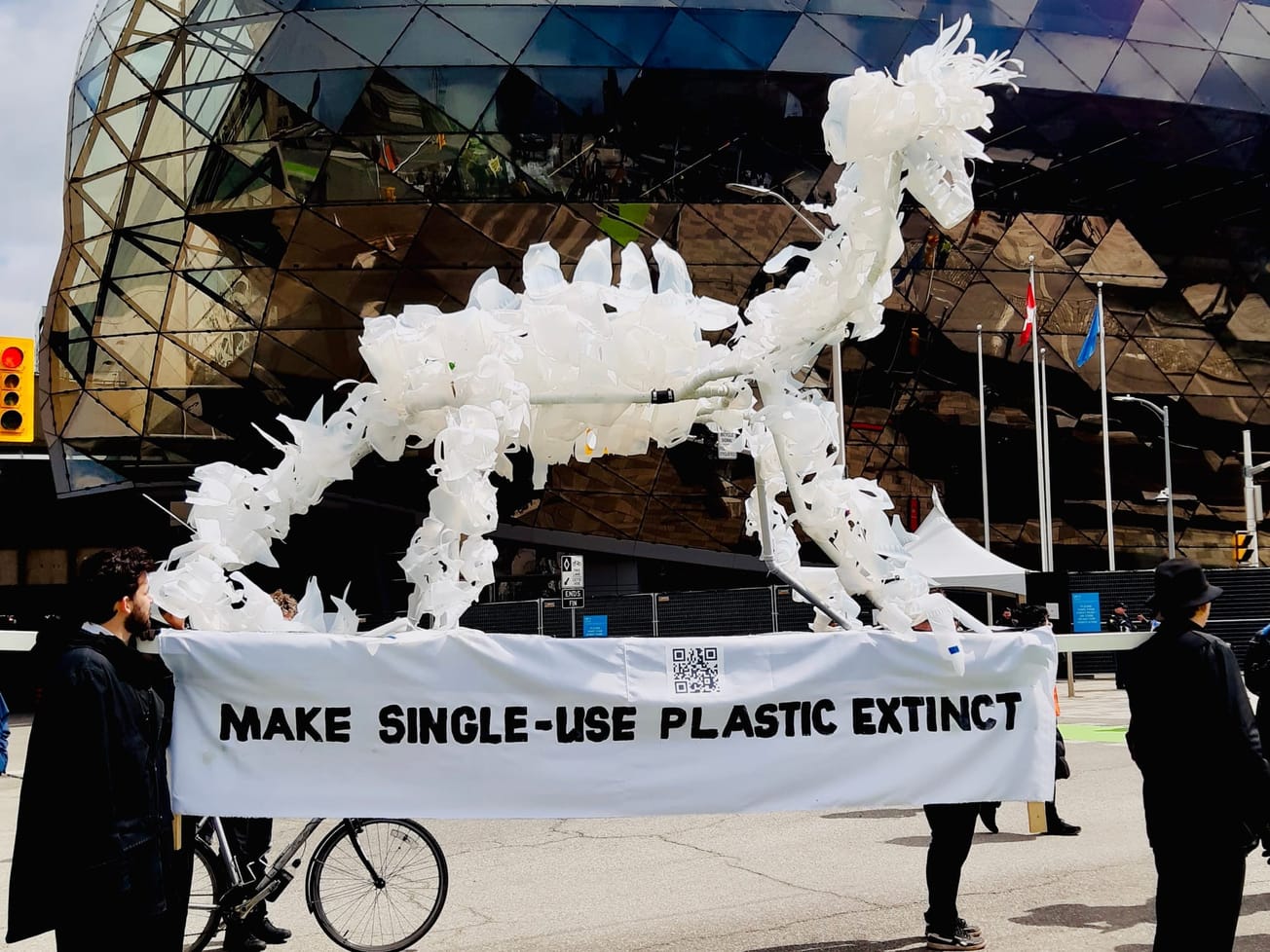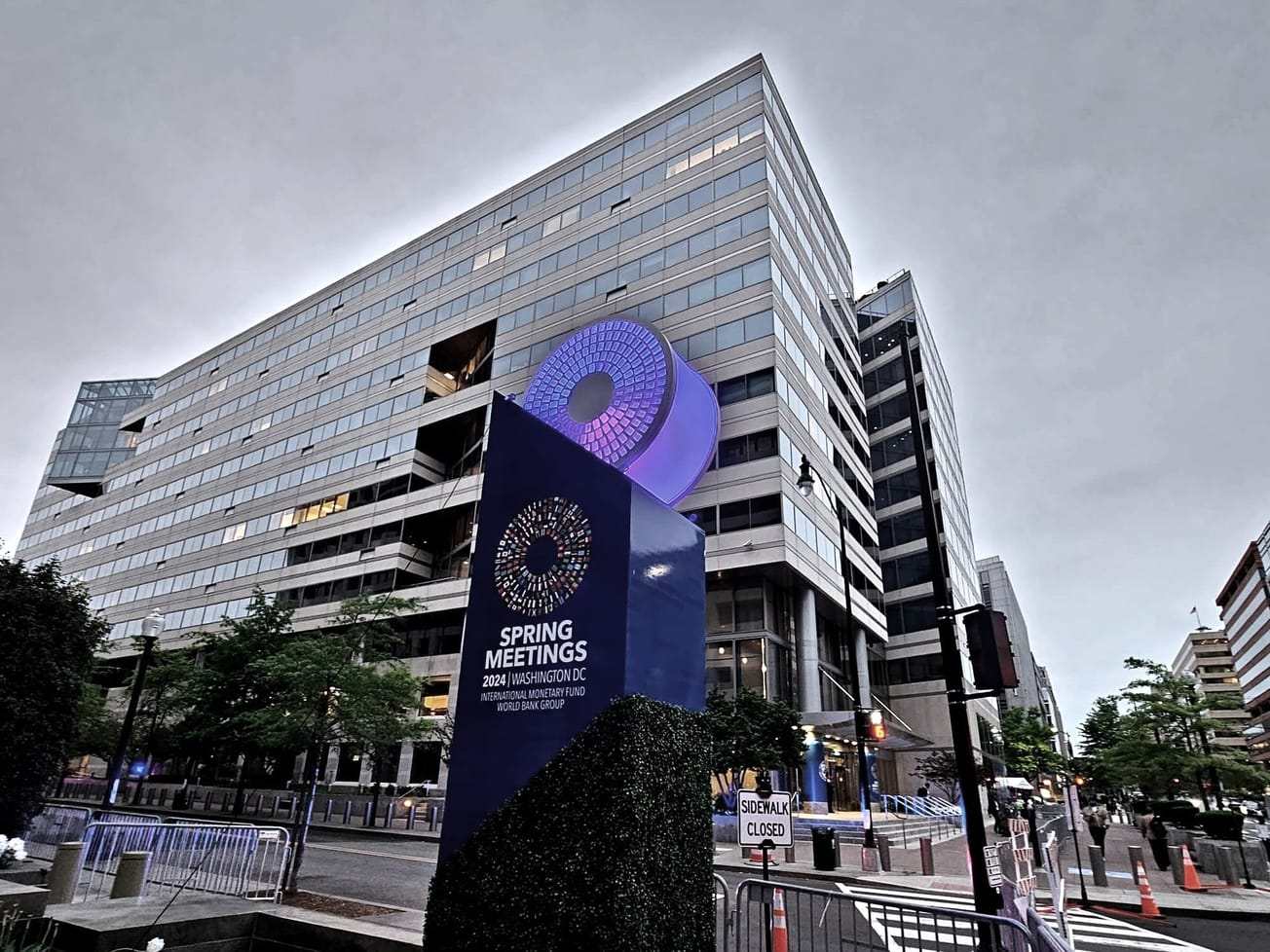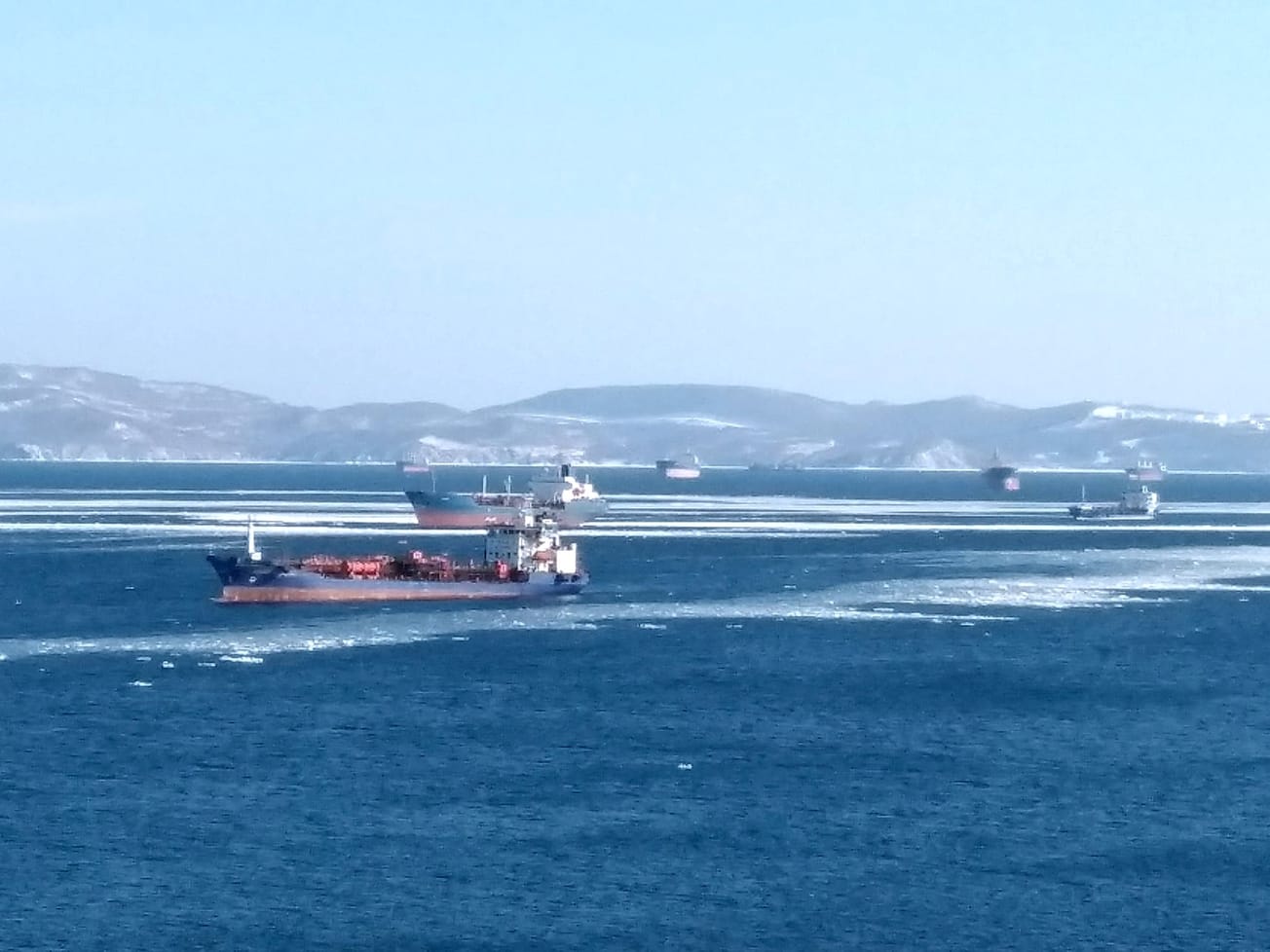More than 2,500 delegates from 170 nations and 480 observer organizations gathered in Canada for the penultimate round of U.N. talks to broker the first legally binding treaty on curbing the global plastic pollution crisis.
The talks include 196 fossil fuel and chemical industry lobbyists who have registered to attend, a 37% increase from last year's round, according to an analyis of registered participants, the Center for International Environmental Law and other advocacy groups reported on Thursday.
"Some may argue that everyone enjoys equal access, but that is simply not true. Lobbyists are appearing on country delegations and are gaining privileged access to member state-only sessions, where sensitive discussions unfold behind closed doors," says Delphine Levi Alvares, a campaign coordinator for CIEL, based in Washington and Geneva.
The fourth session of the U.N. Environment Program's Intergovernmental Negotiating Committee began talks on Tuesday in Canada’s capital, Ottawa, with hopes of finishing the treaty at its fifth round in November at South Korea. Three previous rounds were held over the past two years.
Outside the talks, demonstrators marched with signs raising concerns about the environmental impacts of plastics worldwide, including for Indigenous people who say they're not properly represented.
The talks run through next Monday. Despite some serious divisions over the 69-page latest draft, UNEP's Executive Director Inger Andersen said there was "convergence" among negotiators on eliminating problematic and avoidable uses for plastic.
"We will continue to need plastic for specific uses, such as renewable energy technologies," she said, "but there is growing agreement that short-lived and single use can go."
Andersen said the talks were running out of time, however, "both in terms of finalizing the instrument and how much more the planet can take. As we deliberate, plastic pollution continues to gush into ecosystems."
'Disproportionately large polluters'
Negotiators have been asked to address a global problem that sends 19 to 23 million metric tons of plastic waste leaking each year into aquatic ecosystems, polluting lakes, rivers and seas.
That's equivalent to 2,000 garbage trucks full of plastic dumped every day into oceans, rivers, and lakes, according to UNEP, damaging ecosystems and harming marine life along with diminishing people's livelihoods and food supplies.
Plastic production has doubled since 2000, according to the Organization for Economic Cooperation and Development, and globally only 9% of the plastic waste is recycled while 22% is mismanaged.
Fifty-six major consumer goods companies produce more than half of the world's branded plastic pollution, a new study published on Wednesday found, and just five account for 24% of it: Coca-Cola (11%), PepsiCo (5%), Nestlé (3%), Danone (3%), and Altria (2%).
Food and beverage companies are "disproportionately large polluters" based on data from 2018 to 2022 in 84 countries, says the study published in Science Advances. "Phasing out single-use and short-lived plastic products by the largest polluters would greatly reduce global plastic pollution."
The chair of the INC, Ecuador's U.K. Ambassdor Luis Vayas Valdivieso, called for optimism despite the divisions between plastic-producing nations and environmental advocates calling for restraints at each stage of the plastic lifecycle.
“Let us negotiate with accountability and integrity grounded in the scientific evidence and facts on the scale and urgency of ending plastic pollution," he said. "Let us also approach this task with optimism that it is both necessary and possible for us to achieve this new treaty."
The U.N. Environment Assembly called for a plastics treaty to be negotiated by the end of 2024 that covers the marine environment. Proponents hope it cuts plastic production and phases out toxic chemicals.
As host of the talks, Canada’s Minister of Environment and Climate Change Steven Guilbeault said a treaty that seeks to end plastic waste by 2040 would be "a first-of-its-kind agreement" and one of the most significant environmental developments in modern history.
This story has been updated with additional details.








